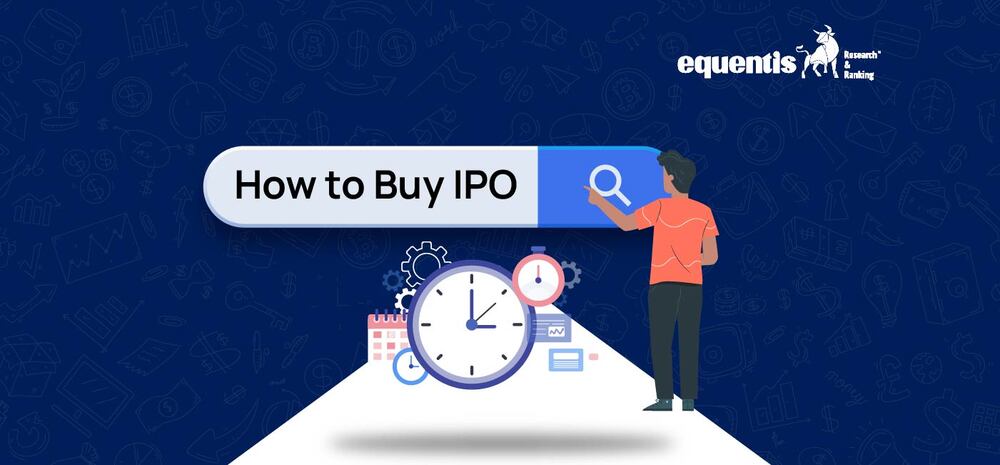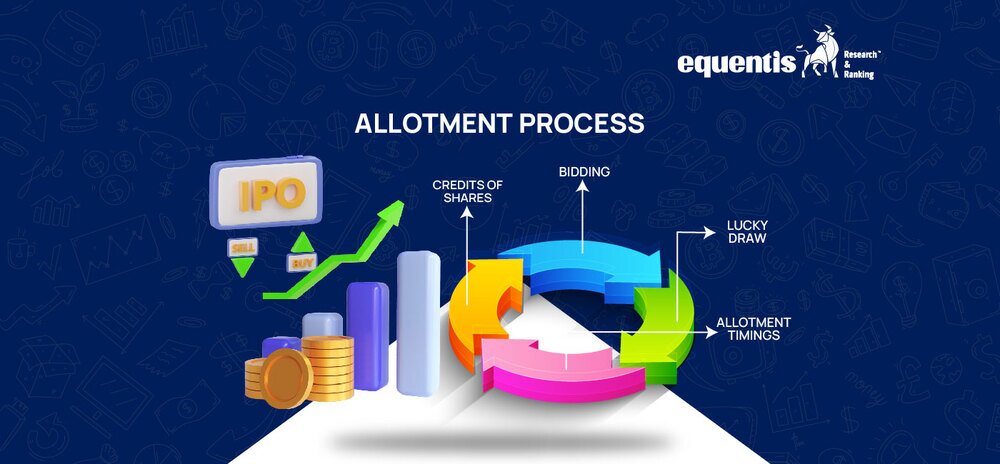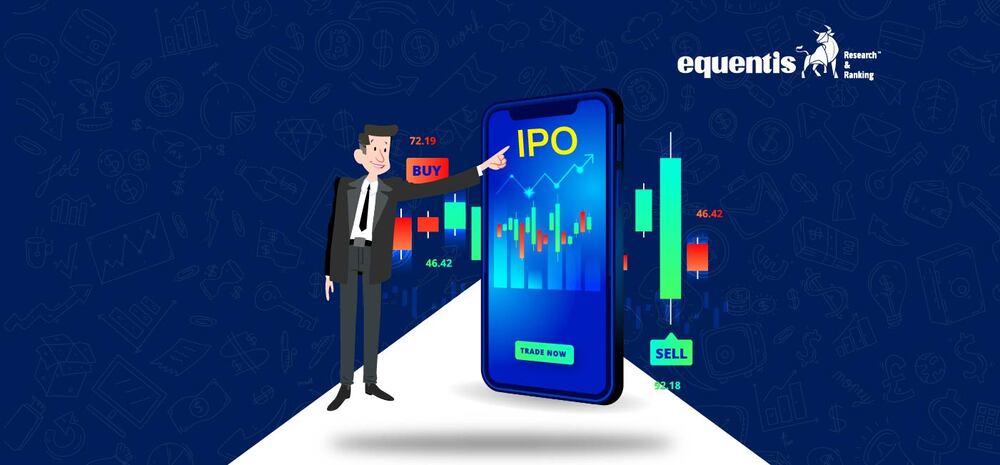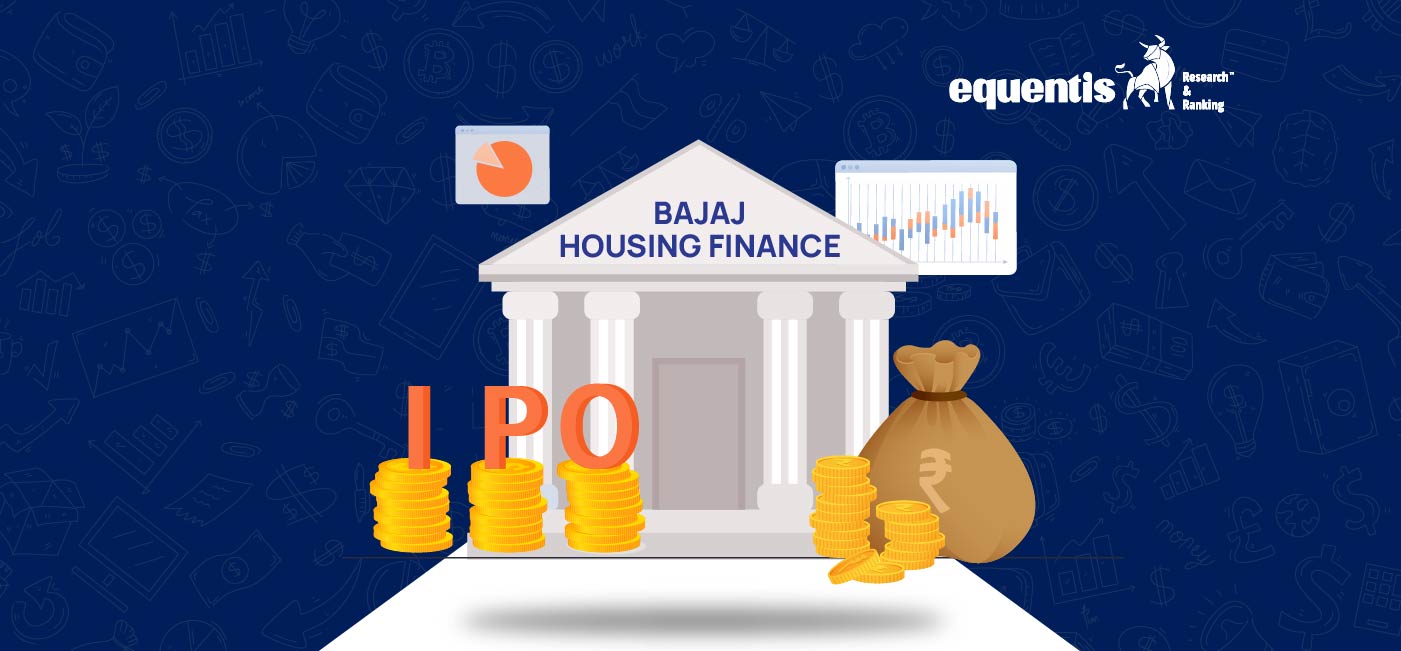Closed IPOs
Latest IPOs about to be listed on the stock exchange
What are closed IPOs?
Recent IPOs that are about to be listed.
Closed IPOs refer to Initial Public Offerings that have finished their subscription period and are no longer open for share purchases. After an IPO closes, shares are allocated to applicants based on demand and supply.
Investors can check their allotment status. If allotted, the shares will appear in their Demat accounts on the listing day when the company starts trading on the stock exchange. Understanding closed IPOs helps investors track upcoming market entries and make informed decisions about buying or selling shares post-listing.
Closed IPOs
Get all the details here!

Company Name
IPO Date
IPO Size (in Cr.)
Price Band
Listing Date
Allotment Date
06 Jan 2025 -08 Jan 2025
₹ 410.05 Cr.
₹ 133 -₹ 140
13 Jan 2025
09 Jan 2025
23 Dec 2024 -26 Dec 2024
₹ 500 Cr.
₹ 745 -₹ 785
31 Dec 2024
27 Dec 2024
20 Dec 2024 -24 Dec 2024
₹ 582.11 Cr.
₹ 372 -₹ 391
30 Dec 2024
26 Dec 2024
19 Dec 2024 -23 Dec 2024
₹ 500.33 Cr.
₹ 665 -₹ 701
27 Dec 2024
24 Dec 2024
13 Dec 2024 -17 Dec 2024
₹ 4225 Cr.
₹ 397 -₹ 417
20 Dec 2024
18 Dec 2024
12 Dec 2024 -16 Dec 2024
₹ 2497.92 Cr.
₹ 1265 -₹ 1329
19 Dec 2024
17 Dec 2024
13 Nov 2024 -18 Nov 2024
₹ 1114.72 Cr.
₹ 259 -₹ 273
22 Nov 2024
19 Nov 2024
07 Nov 2024 -11 Nov 2024
₹ 2200 Cr.
₹ 70 -₹ 74
14 Nov 2024
12 Nov 2024
23 Oct 2024 -25 Oct 2024
₹ 554.75 Cr.
₹ 334 -₹ 352
30 Oct 2024
28 Oct 2024
21 Oct 2024 -23 Oct 2024
₹ 260.04 Cr.
₹ 192 -₹ 203
28 Oct 2024
24 Oct 2024
15 Oct 2024 -17 Oct 2024
₹ 27858.8 Cr.
₹ 1865 -₹ 1960
22 Oct 2024
18 Oct 2024
08 Oct 2024 -10 Oct 2024
₹ 264.1 Cr.
₹ 90 -₹ 95
15 Oct 2024
11 Oct 2024
25 Sept 2024 -27 Sept 2024
₹ 341.95 Cr.
₹ 209 -₹ 220
03 Oct 2024
30 Sept 2024
13 Sept 2024 -19 Sept 2024
₹ 492.88 Cr.
₹ 163 -₹ 172
24 Sept 2024
20 Sept 2024
10 Sept 2024 -12 Sept 2024
₹ 1100 Cr.
₹ 456 -₹ 480
17 Sept 2024
13 Sept 2024
05 Sept 2024 -09 Sept 2024
₹ 169.65 Cr.
₹ 78 -₹ 83
12 Sept 2024
10 Sept 2024
02 Sept 2024 -04 Sept 2024
₹ 167.93 Cr.
₹ 503 -₹ 529
09 Sept 2024
05 Sept 2024
30 Aug 2024 -03 Sept 2024
₹ 834.68 Cr.
₹ 370 -₹ 389
06 Sept 2024
04 Sept 2024
28 Aug 2024 -30 Aug 2024
₹ 601.2 Cr.
₹ 318 -₹ 334
04 Sept 2024
02 Sept 2024
19 Aug 2024 -21 Aug 2024
₹ 600.29 Cr.
₹ 850 -₹ 900
26 Aug 2024
22 Aug 2024
06 Aug 2024 -08 Aug 2024
₹ 276.57 Cr.
₹ 102 -₹ 108
13 Aug 2024
09 Aug 2024
30 Jul 2024 -01 Aug 2024
₹ 1856.74 Cr.
₹ 646 -₹ 679
06 Aug 2024
02 Aug 2024
03 Jul 2024 -05 Jul 2024
₹ 1952.03 Cr.
₹ 960 -₹ 1008
10 Jul 2024
08 Jul 2024
25 Jun 2024 -27 Jun 2024
₹ 1500 Cr.
₹ 267 -₹ 281
02 Jul 2024
28 Jun 2024
19 Jun 2024 -21 Jun 2024
₹ 418.01 Cr.
₹ 193 -₹ 203
26 Jun 2024
24 Jun 2024
15 May 2024 -17 May 2024
₹ 2614.65 Cr.
₹ 258 -₹ 272
23 May 2024
21 May 2024
14 Mar 2024 -18 Mar 2024
₹ 300.12 Cr.
₹ 680 -₹ 715
21 Mar 2024
19 Mar 2024
12 Mar 2024 -14 Mar 2024
₹ 601.55 Cr.
₹ 280 -₹ 295
19 Mar 2024
15 Mar 2024
09 Feb 2024 -13 Feb 2024
₹ 1600 Cr.
₹ 1195 -₹ 1258
16 Feb 2024
14 Feb 2024
07 Feb 2024 -09 Feb 2024
₹ 523.07 Cr.
₹ 445 -₹ 468
14 Feb 2024
12 Feb 2024
05 Feb 2024 -07 Feb 2024
₹ 920 Cr.
₹ 147 -₹ 155
12 Feb 2024
08 Feb 2024
15 Jan 2024 -17 Jan 2024
₹ 1171.58 Cr.
₹ 397 -₹ 418
23 Jan 2024
18 Jan 2024
![]() Unlock Stock of the Month
Unlock Stock of the Month
T&C*
How do IPOs work?
An IPO (Initial Public Offering) is when a private company offers its shares to the public for the first time. Investors can apply to buy these shares during the IPO in the primary market. Once the IPO is complete, the company's shares are listed on stock exchanges, where they can be traded publicly. Companies usually launch an IPO to raise funds for growth and expansion.
 Learn More
Learn MoreHow do you apply for IPOs?
To participate in an IPO, you first need to open a Demat and trading account. Once your account is set up, check the available IPOs and select the one you wish to invest in. Next, apply through your broker account and confirm your application. After submitting your application, wait for the allotment process to complete. Once the shares are allotted to you, you can begin trading them in the stock market.
 Learn More
Learn MoreWho can invest in IPOs?
- Retail Investors: Individual investors with a demat account.
- Qualified Institutional Buyers (QIBs): Institutions like mutual funds and insurance companies.
- Foreign Institutional Investors (FIIs): Foreign entities allowed under regulatory norms.
- High Net-Worth Individuals (HNIs): Wealthy individuals with significant financial resources.
- Corporate Entities: Companies investing as part of their strategy.
How to check allotment status of closed IPOs?
You can check your IPO allotment status by visiting the registrar's website, such as Link Intime or KFintech, and entering details like your PAN, application number, or DP/client ID to see if shares have been allotted. Alternatively, stock exchanges like NSE and BSE also provide allotment status checks through their IPO-specific pages, where you can input the required information to access the results.
 Learn More
Learn MoreIPO reads
Stay updated with the latest IPO developments
More on IPOs
Navigate your way to other IPO resources
Spotlight on IPOs
Breaking down IPOs for you!
FAQs on closed IPOs
Find answers to common questions!
Closed IPO refers to an Initial Public Offering that has already completed its subscription process and is no longer open for new investments. Once an IPO is closed, the company has completed its offering, and the allotted shares are now allocated to the investors who participated in the subscription.
An IPO typically has a subscription window that lasts for a few days (usually 3-5 days). Once the subscription period ends, the IPO closes, and the company allocates the shares based on the demand received. After the allocations, no further applications can be made, and stock trading on the exchange will commence.
Once the IPO closes:
- The company finalizes the allotment of shares to the investors.
- The stock is listed on the stock exchange (usually 1-2 weeks after the closure).
- Investors can start trading the stock once it is listed on the exchange.
After an IPO is closed, you cannot participate in the initial offering. However, you can buy shares in the secondary market (stock exchange) once the stock is listed.
An IPO is considered closed when:
- The company announces the closure date, and the application process is no longer available.
- Subscription details are finalized, such as the issue price and the allotment ratio.
- The company issues a listing date for the stock to begin trading on the stock exchange.


 The Phoenix Mills Ltd. (PDF)
The Phoenix Mills Ltd. (PDF)
 Trending Sector
Trending Sector Top Losers
Top Losers Adani Ports and SEZ
Adani Ports and SEZ












